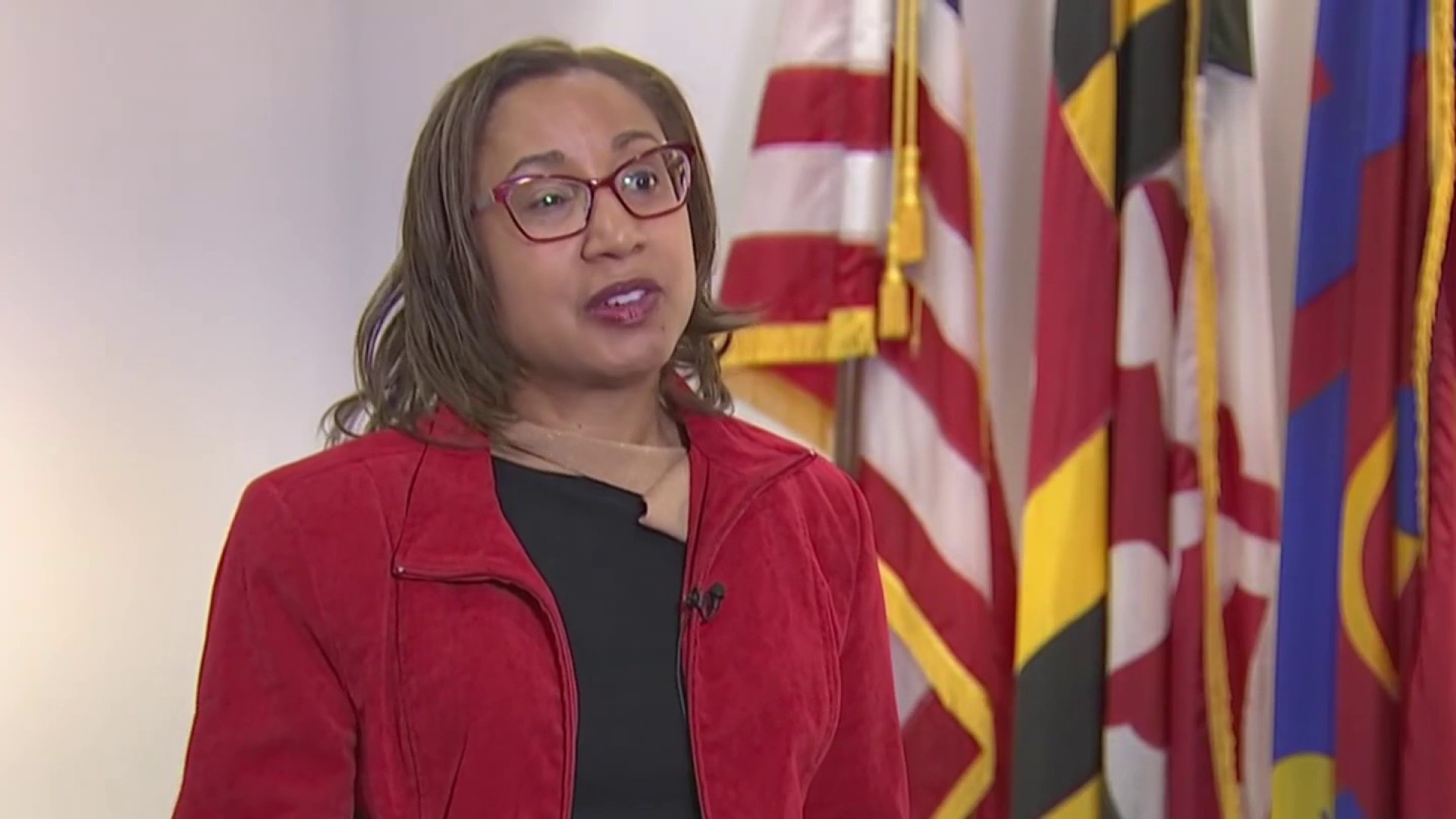When an American solider died back in the 1800s, it was military custom to "pass the hat" to support widows of the fallen. It's a practice that may seem out-of-date, but is very much alive today.
The American Armed Forces Mutual Aid Association (AAFMAA) has carried on the "pass the hat" mentality ever since the devastating aftermath of the bloody Battle of Little Bighorn in 1876.
After the battle, there were just too many casualties to go around -- there was no one left to pass the hat to, said the current AAFMAA president, Major Walt Lincoln.
That need inpsired AAFMAA to form in 1879.
Talking to Lincoln -- and you can't ignore that name -- comes with a few interwoven history lessons. Lincoln has served as president since 1996, and he loves talking about the association's beginnings.
A mutual aid association in today's world, as he pointed out, is a bit of an anachronism.
"Today, almost everything is a corporation or an LLC, with shareholders or partners wanting to get something out of it," he said.
Local
Washington, D.C., Maryland and Virginia local news, events and information
Still, AAFMAA has managed to stick around; the association celebrated its 135th anniverary, which makes it the oldest association of its kind, with an anniversary dinner last month at the Air and Space Museum.
The celebration gathered generations of military members and families, as well as civilians interested in AAFMAA, and a former undersecretary and former sergeant major of the army
"That really shows the association transcends more than one lifetime," Lincoln said. "When you think about our members and how long they are members and their children, it could span a hundred years."
The dinner was, according to Lincoln, another way to spread the word about AAFMAA's opportunities.
"As a culture, the military is very humble and you rarely try to draw attention to yourself," Lincoln said, who served in the Vietnam War.
His main goal was to reach widows of fallen soldiers coming out of Afghanistan and Iraq and other military places who are not aware of the AAFMAA services.
"We thought if we celebrated and thanked those people who went before us, we could get the word out and help more people," he said.
As a member and veteran, Michael Boudreau appreciates that help. He joined the army in 1967, and roughly 10 years later joined AAFMAA, signing up for a $15,000 whole-life policy. That amount has grown to more than $39,000.
"Usually, you have a hard time saying anything too nice about your insurance policy, but it's nice to see the benefits grow like that," he said.
Like many of AAFMAA's members, Boudreau enjoys the organization's historic significance.
"I like that it's a way for military members to serve one another in a way just from its foundation," he said.
That longevity is a what really makes AAFMAA stand out, Lincoln said. They maintain a long-term approach and avoid any type of debt over the years.
"Every Thursday, whatever bills we have, we pay them," he said. "I'm very proud of that; it means we've been able to survive every financial storm and every war."



